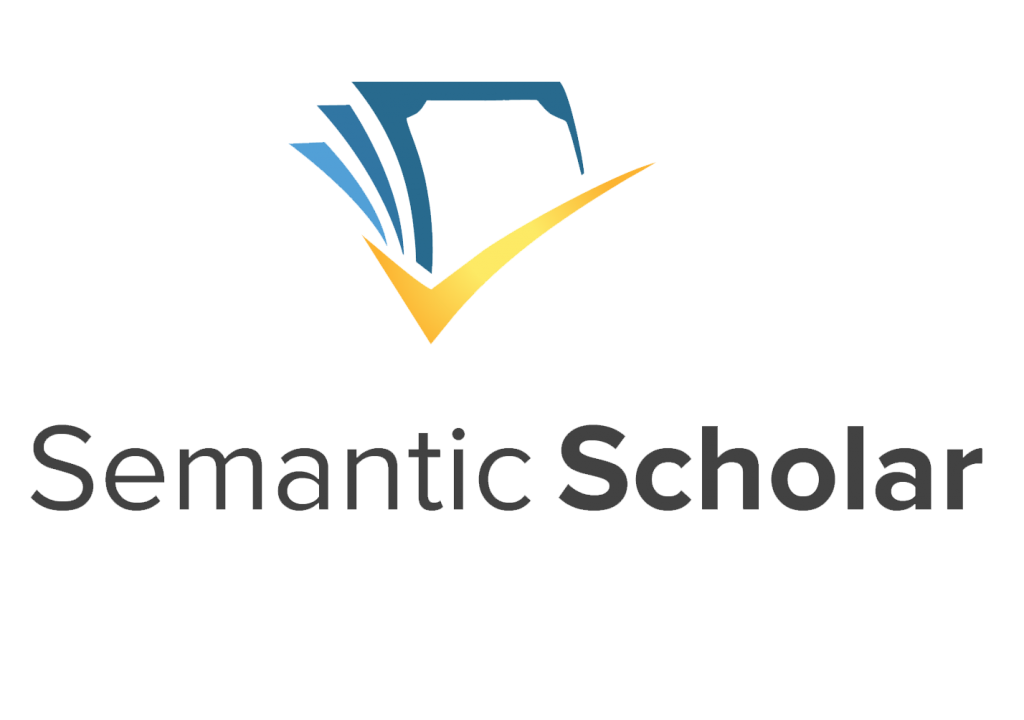EFFECTIVENESS OF DIFFERENT TEACHING METHODS ON KNOWLEDGE, CRITICAL THINKING, AND SKILL DEVELOPMENT OF UNDERGRADUATE STUDENTS: A SYSTEMATIC REVIEW
DOI:
https://doi.org/10.61778/ijmrast.v3i8.169Keywords:
Teaching methods, Knowledge, Critical thinking, Skill developmentAbstract
Background: Traditional lecture-based teaching dominates higher education but may limit development of critical thinking and practical skills. Innovative pedagogical strategies such as problem-based learning (PBL), flipped classrooms, simulation-based teaching, and blended learning aim to address these limitations.
Objective: To systematically review empirical evidence (2010–2025) on the effectiveness of diverse teaching methods for enhancing knowledge acquisition, critical thinking, and skill development among undergraduate students.
Methods: We searched PubMed, Scopus, Web of Science, ERIC, and Google Scholar, including key terms like “undergraduate,” “teaching methods,” “knowledge,” “critical thinking,” and “skill development.” We included empirical studies with measurable outcomes. Quality was assessed using standard tools.
Results: Active learning (including PBL) consistently improves performance and reduces failure rates compared to lectures. Flipped classrooms yield superior post-test scores, engagement, and satisfaction in many contexts. Simulation-based teaching shows notable knowledge gains and supports skill competency. Blended approaches integrating multiple strategies deliver the most comprehensive gains.
Conclusion: Student-centered, active learning methods outperform traditional lectures in enhancing knowledge, critical thinking, and skill development. Blended strategies deliver the most comprehensive gains. Curricula should integrate these evidence-based approaches while ensuring quality implementation and contextual adaptation.
Downloads
Published
Issue
Section
License
Copyright (c) 2025 International Journal of Multidisciplinary Research in Arts, Science and Technology

This work is licensed under a Creative Commons Attribution-NonCommercial 4.0 International License.












